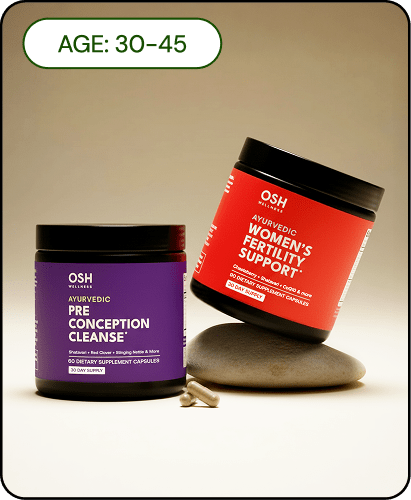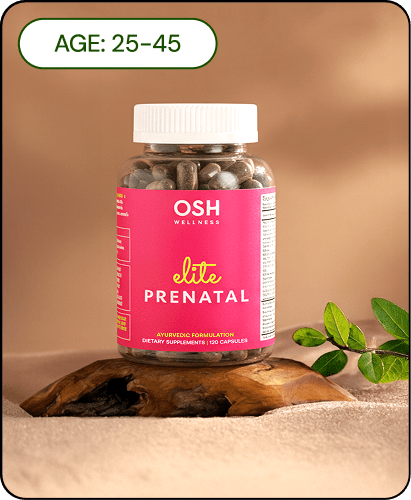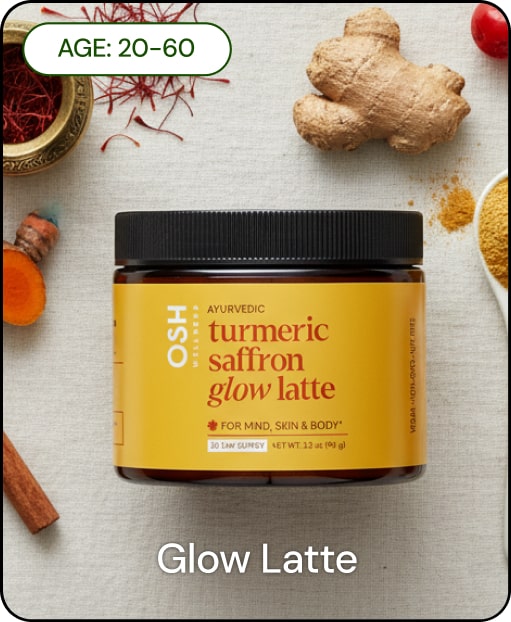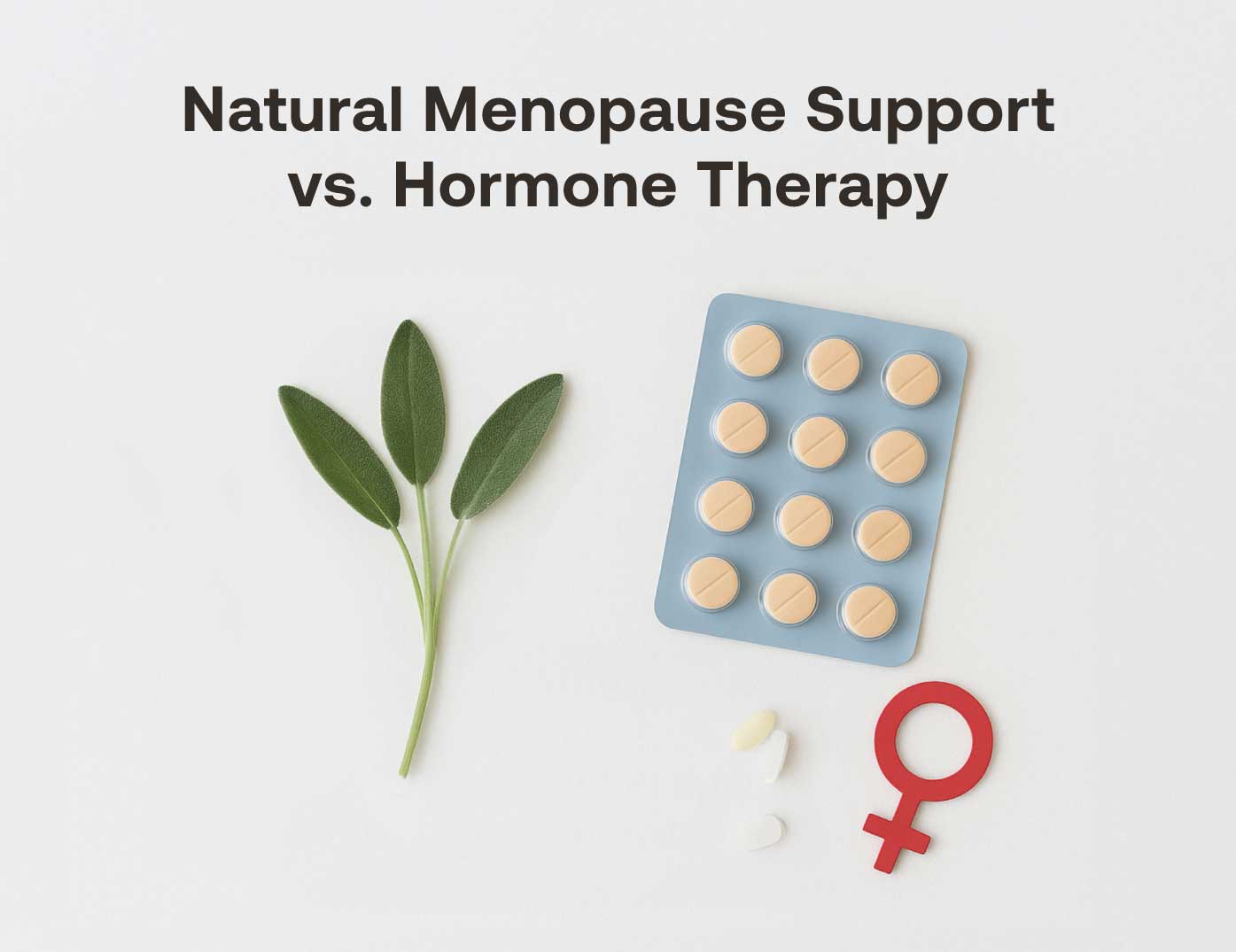Table of contents
As women navigate the transformative phase of menopause , typically between their 40s and 60s, a growing number are choosing natural remedies over hormone therapy . This trend is driven by concerns about the risks of hormone replacement therapy (HRT) and a rising preference for holistic, personalized healthcare. This guide explores the reasons behind this shift, incorporating research insights, women’s real-life experiences, and practical strategies for supporting menopause naturally.
Understanding the Context of Menopause and Hormone Therapy

The history of hormone replacement therapy (HRT) illustrates the evolving understanding of menopause and its treatment. In the early 20th century, scientists Allen and Doisy identified estrogen, leading to FDA approval of Premarin in 1942. Derived from pregnant mares’ urine, Premarin was used to alleviate menopausal symptoms. However, its wide use without progesterone led to concerns about endometrial cancer in the 1970s.
By the 1980s, combined estrogen-progestogen therapies offered a safer alternative and drew renewed medical support. Studies during this period suggested HRT could help maintain bone density and aid cardiovascular health. But the pivotal Women’s Health Initiative (WHI) study in 2002 revealed that while HRT offers benefits, risks vary significantly depending on when treatment starts. Initiating HRT within 10 years of menopause may reduce mortality and heart disease risks, but starting it later increases the likelihood of stroke and venous thromboembolism¹.
Today, best practices emphasize individualized HRT, considering the timing of therapy and a woman’s unique health profile. Clinicians and patients now focus on weighing benefits against risks to provide safer, more tailored menopause care².
What is Natural Menopause Support?

Natural menopause support involves using non-hormonal therapies such as herbal supplements, lifestyle changes, and dietary adjustments to manage symptoms. This approach emphasizes overall wellness instead of isolated symptom treatment. Some popular herbs used for natural menopause support include:
Black cohosh: Among the most frequently used herbs. Several studies suggest it helps with hot flashes and sleep issues. Standard dosage is ~40 mg twice daily, but one should use caution if she has liver conditions³.
Shatavari: It contains plant-based estrogens and is one of the most popular Ayurvedic botanicals for menopause support. Some studies show fewer hot flashes in 85% of participants and fewer night sweats in 90% of participants⁴.
Other herbs: St. John’s Wort and ginseng have some anecdotal support⁴.
Dietary changes also play a role. A diet rich in phytoestrogens, naturally occurring estrogen-like compounds in soy, flaxseed, and legumes, may alleviate symptoms slightly. However, there’s no conclusive proof that diet alone can replace HRT⁵.
Behavioral practices such as yoga, meditation, and deep-breathing techniques have shown potential in reducing stress, enhancing sleep, and even decreasing hot flash frequency. These methods are among the more evidence-backed natural approaches⁶.
Examining the Shift Toward Natural Remedies

Growing skepticism about the safety of HRT stems in part from studies like the 2002 WHI report, which associated it with increased risks of breast cancer, cardiovascular disease, and blood clots⁷. Risks such as heart disease, stroke, and gallbladder issues were also highlighted⁸.
This has led women to seek alternative, non-pharmacological treatments. Many integrate lifestyle changes such as:
Eating more plant estrogens (soy, legumes)
Adopting exercise routines
Incorporating mind-body practices like yoga or tai chi⁹
These steps reflect a broader healthcare shift: prioritizing personalized and preventive care over one-size-fits-all solutions. Women are embracing comprehensive approaches that include both physical and emotional well-being¹⁰.
Comparing Efficacy: HRT Versus Natural Options

Hormone Replacement Therapy (HRT) remains the gold standard for managing severe menopause symptoms. Studies show it can reduce hot flashes by 70–80% and significantly decrease mortality rates when started within 10 years of menopause¹¹. However, it also presents elevated risks of cancer and cardiovascular events, prompting many to explore natural menopause support.
More than half the women use complementary and alternative medicine (CAM) for menopause, though scientific backing varies.
Wild yam: A double-blind study showed no efficacy compared to a placebo¹².
Purple yam: Showed promise in relieving symptoms like night sweats in one study¹³.
Bioidentical hormones: Despite popular belief, these are not safer or more effective than standard HRT¹⁴
Dietary supplements: Several studies and self-reported efficacy reports point to the effectiveness of natural supplements in addressing minor and common symptoms like fatigue, hot flashes, night sweats, and mood swings in menopausal women.
The choice ultimately depends on personal values, medical history, and preferences. An individualized risk-benefit analysis is essential when comparing options.
Real Women, Real Stories: Experiences with Natural Remedies
First-hand experiences reveal that natural treatments can be effective but sometimes lack consistency. One 53-year-old woman found initial relief with black cohosh, though it didn’t sustain symptom control as symptoms worsened over time¹⁵.
A study involving 117 women using Chinese herbal medicine combined with acupuncture found measurable improvements in symptoms over six months, particularly when treatment was personalized by experienced practitioners¹⁶.
A randomized clinical study on the impact of Shatavari on addressing menopause symptoms showed a positive effect in 85-90% of women. Even though the study was done on a limited number of subjects, it sheds light on the positive effect that natural Ayurvedic botanicals can have when medical intervention is not required.
Relevant Products
A natural product worth exploring is Osh Wellness Hormone & Mood Support. It incorporates clinically recognized ingredients targeted at reducing menopause symptoms. Focused on holistic well-being, it's ideal for those seeking safer and customized alternatives.
Conclusions

The shift from traditional HRT to natural menopause support options reflects a broader reevaluation of health priorities among women. While HRT remains effective, natural remedies offer flexible, lifestyle-compatible alternatives. Combined with medical advice, these choices empower women to approach menopause with greater confidence, safety, and well-being.
FAQs
What are the key differences between HRT and natural menopause support?
HRT is a medically prescribed treatment with high efficacy but carries risks. Natural support emphasizes holistic practices with generally fewer side effects.
Are natural remedies safe to use during menopause?
While many are safe, always discuss with your doctor to avoid interactions or complications.
How can lifestyle changes impact menopause symptoms?
Regular exercise, a healthy diet, and stress reduction techniques can significantly reduce symptom severity.
What should I look for when choosing herbal supplements?
Seek well-studied ingredients, third-party testing, and transparent labeling.
Can I combine natural remedies with conventional treatments?
In many cases, yes. Discuss with your healthcare provider to ensure safety and effectiveness.








